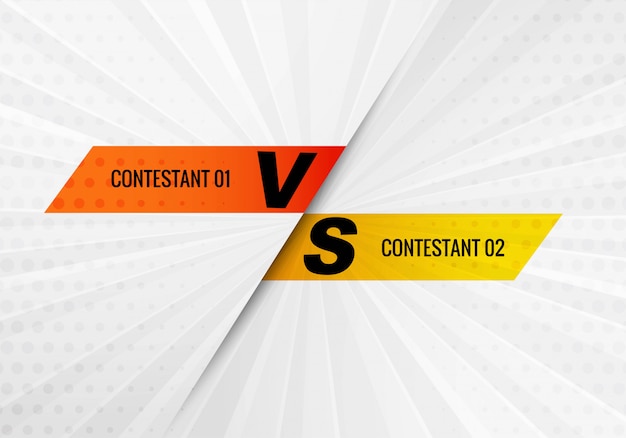When looking for contests to enroll in, it’s important to understand how they are organized. There are several different ways that contests can be structured, and each one has its own benefits and drawbacks. Here are eight things you should know about the different ways contests can be organized:
1) The first way contests can be organized is by theme.
This means that all of the entries will be judged on the same criteria, and the winner will be the entry that best fits the theme. For example, a photography contest might have the theme of “nature.” Similarly, a writing contest might have the theme of “love.”
Additionally, the prizes for a themed contest will usually be related to the theme. So, a nature photography contest might have a prize of a camera, while a love-themed writing contest might have a prize of a romantic dinner for two.
Also, keep in mind that some contest organizers may be more flexible with the theme than others. So, if you’re unsure about whether or not your entry will fit the theme, it’s always best to ask the organizer before submitting it.
2) Another way contests can be organized is by age group.
This means that there will be different categories for different age groups, and the winners in each category will be determined by their age. For example, a contest might have categories for “under 18” and “over 18.”
Similarly, the prizes for an age-group contest will usually be different for each category. So, the prize for the under-18 category might be a gift voucher, while the prize for the over-18 category might be a cash prize.
3) How sweepstakes are organized.
Sweepstakes are generally organized by geographical location. This means that there will be different categories for different countries, and the winners in each category will be determined by their country of residence. For example, a contest might have categories for “US residents” and “international residents.”
However, some sweepstakes may have additional requirements, such as being a certain age or having a valid email address. So, be sure to check the eligibility requirements before entering. Also, don’t forget to look for a trusted sweepstakes portal, so you can be sure you’re entering legitimate sweepstakes. Plus, you’ll be able to find a wider variety of sweepstakes to enter.
4) Another way contests can be organized is by type of entry.
This means that there will be different categories for different types of entries, and the winners in each category will be determined by the type of entry they submitted. For example, a contest might have categories for “photos” and “videos.”
Similarly, the prizes for a type-of-entry contest will usually be different for each category. So, the prize for the photos category might be a digital camera, while the prize for the videos category might be a video editing software program.
5) Some contests are organized by skill level.
This means that there will be different categories for different levels of expertise, and the winners in each category will be determined by their skill level. For example, a contest might have categories for “beginner,” “intermediate,” and “expert.”
These types of contests are usually organized by businesses or organizations that want to promote their products or services to a specific audience. Also, the prize for each category is usually different, with the expert level having the most valuable prize.
Plus, these types of contests usually have more entrants because people feel like they have a better chance of winning if they enter the contest that corresponds to their skill level.
6) Another way contests can be organized is by vote.
This means that anyone can enter the contest, but the winner will be determined by public vote. For example, a contest might be held to determine the best new product. In this case, anyone could submit an entry, and then people would vote for their favorite.
Similarly, the prize for a vote-based contest is usually determined by the number of votes received. So, if a product receives a lot of votes, the company that makes it might give away a prize.
Also, some vote-based contests require people to pay a fee to enter, and the winner will receive the prize money.
7) Some contests are organized by random drawing.
This means that anyone can enter the contest, but the winner will be chosen at random. For example, a contest might be held to give away a free trip. In this case, anyone could enter the contest, and then a name would be drawn at random from all of the entries.
The prize for a random drawing contest is usually the same for everyone who enters. So, if you win a contest like this, you’ll usually receive the same prize as everyone else who entered.
Also, these types of contests usually have a lot of entrants because people feel like they have a good chance of winning if they enter.
8) Finally, some contests are organized by submission deadline.
This means that there is a specific date by which you must submit your entry in order to be eligible to win. For example, a contest might be held to design a new logo. In this case, the deadline for submissions would be given, and then the contest organizers would choose the best entry.
The prize for a submission deadline contest is usually given to the person who submitted the winning entry. So, if you win a contest like this, you’ll usually receive the prize that was offered.
There are a variety of ways that contests can be organized, and each one has its own benefits and drawbacks. So, it’s important to understand the different types of contests before you enter one. This way, you’ll know what you’re getting into, and you’ll have a better chance of winning. The bottom line is that contests can be a lot of fun, and you might even win something if you’re lucky. So, don’t be afraid to enter a few contests and see what happens. Who knows, you might just get lucky!





